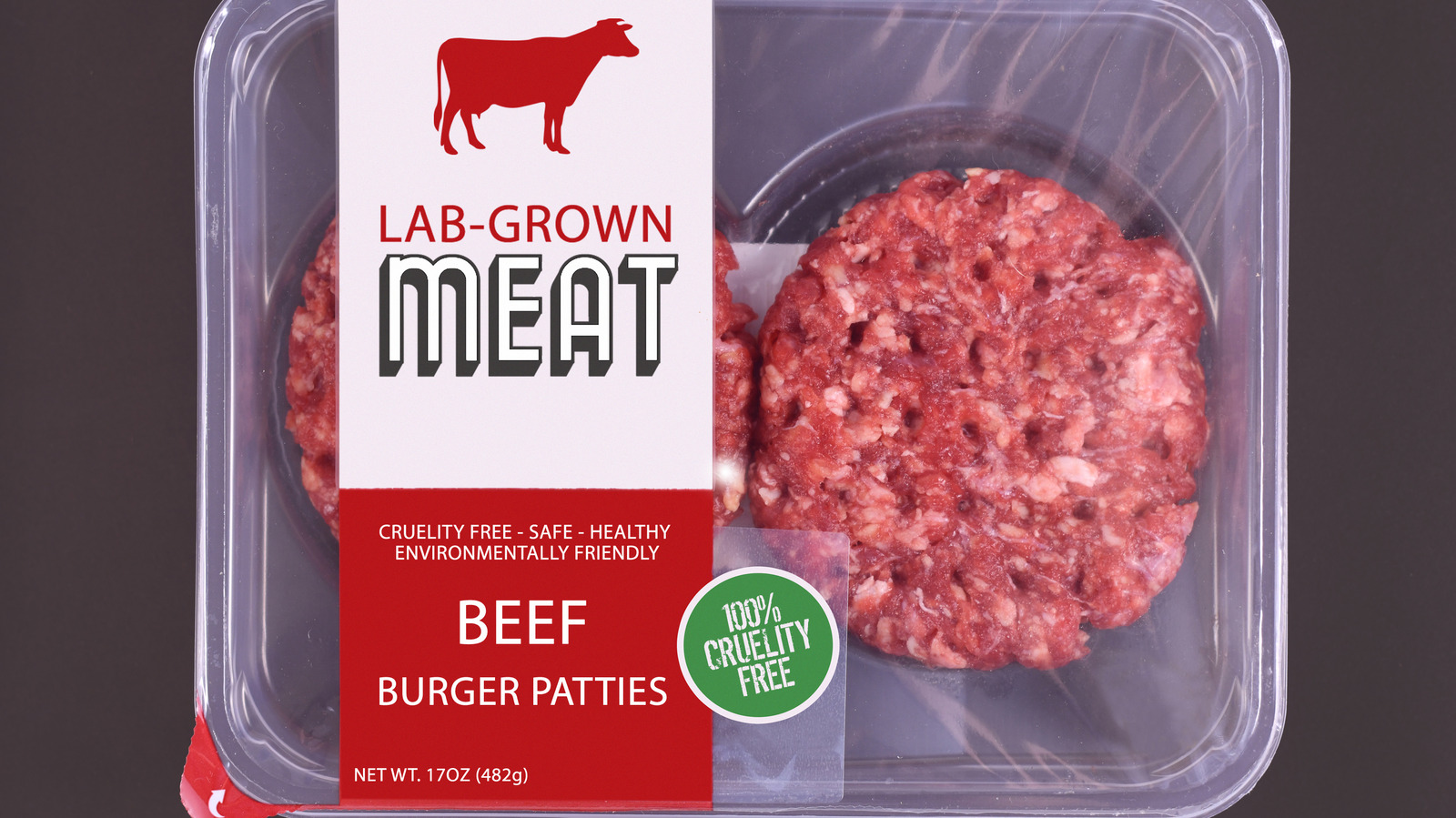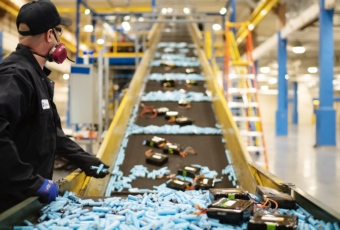
Lab Grown Meat Could Be A Game Changer
The process of producing lab-grown meat begins by taking a small sample of animal cells and placing them in a nutrient-rich culture medium. These cells are then allowed to multiply and grow, eventually forming muscle tissue that can be harvested and processed into meat products. The entire process takes several weeks and is typically done in sterile laboratory conditions.
One of the key advantages of lab-grown meat is its potential to reduce the environmental impact of meat production. Traditional livestock farming is a major contributor to greenhouse gas emissions, deforestation, and water pollution. Lab-grown meat, on the other hand, requires significantly fewer resources and produces much lower emissions. It has been estimated that producing lab-grown meat could reduce greenhouse gas emissions by up to 96%.
Another potential benefit of lab-grown meat is its ethical implications. Many people are concerned about the welfare of animals raised for meat production, as well as the environmental damage caused by livestock farming. By producing meat without the need for animals to be slaughtered, lab-grown meat could offer a more humane and sustainable alternative.
Despite these potential benefits, there are still several challenges to be overcome before lab-grown meat becomes a mainstream product. One of the biggest hurdles is the cost of production. Currently, the process of growing meat in a lab is still relatively expensive compared to traditional meat production. However, as the technology develops and becomes more widespread, it is expected that the cost will come down.

Would You Try It?
Another challenge is the issue of regulatory approval. Lab-grown meat is a relatively new technology, and there are currently no established regulations governing its production and sale. However, several countries, including the United States and Singapore, have already approved the sale of lab-grown meat products.
Consumer acceptance is also an important factor in the success of lab-grown meat. Many people are still skeptical about the idea of eating meat grown in a lab, and there are concerns about the taste and texture of the final product. However, early taste tests have been generally positive, with many people reporting that lab-grown meat is virtually indistinguishable from traditional meat.
In conclusion, lab-grown meat is a promising new technology with the potential to revolutionize the way we produce and consume meat. While there are still many challenges to be overcome, the environmental and ethical benefits of lab-grown meat are clear, and it is likely to become an increasingly important part of our food system in the coming years. As the technology continues to develop and become more widespread, it will be interesting to see how it is received by consumers and how it impacts the meat industry as a whole.

Lab Grown Meat







